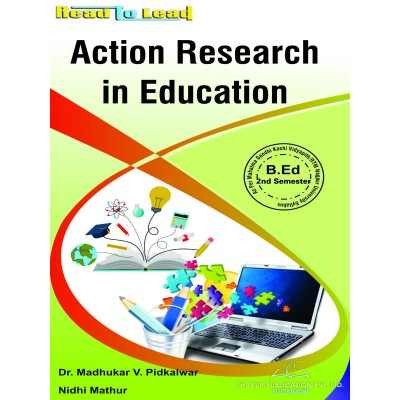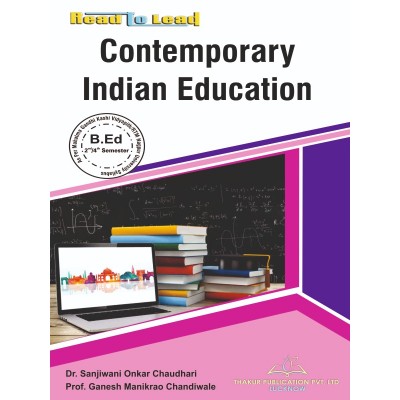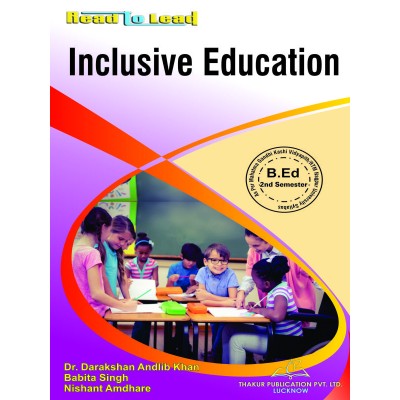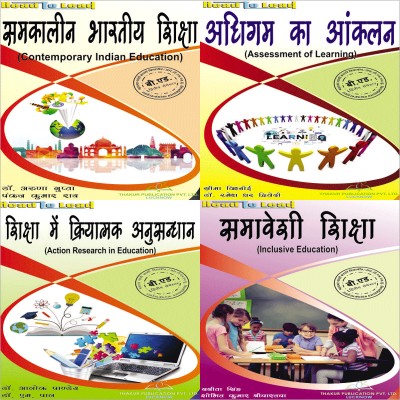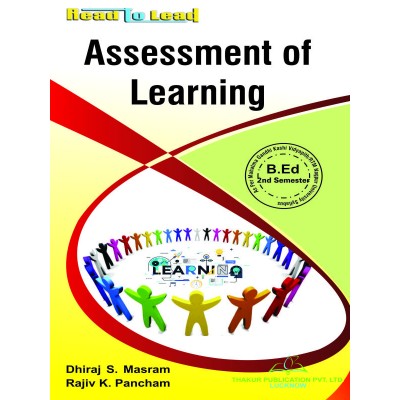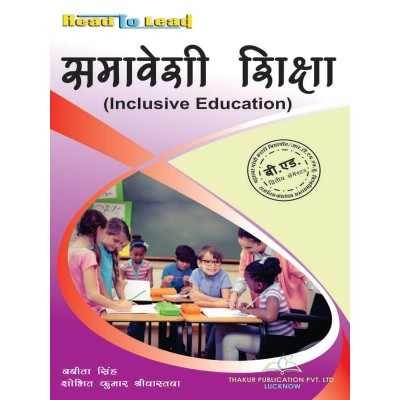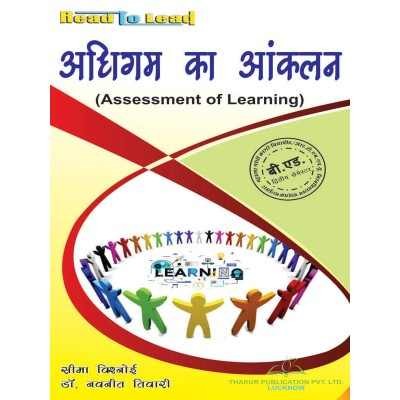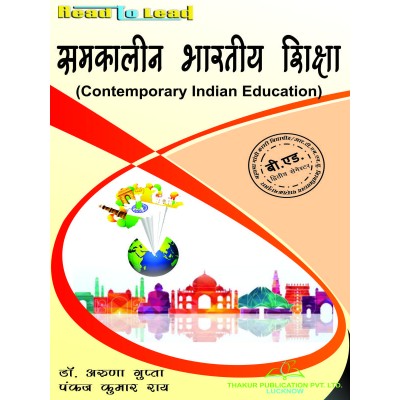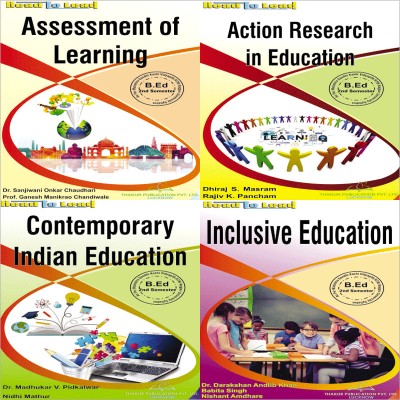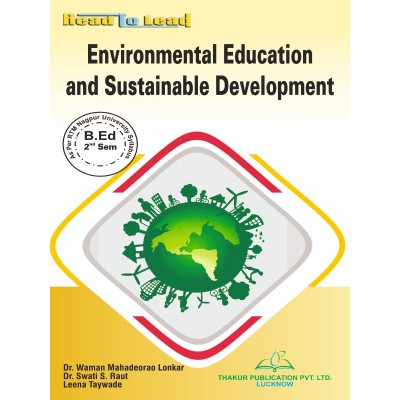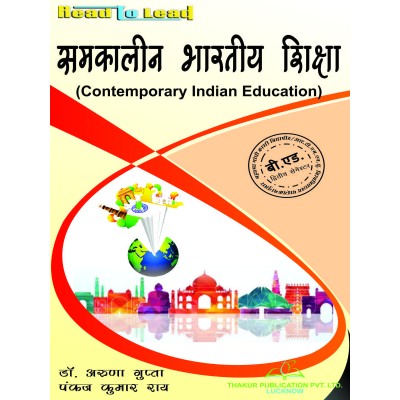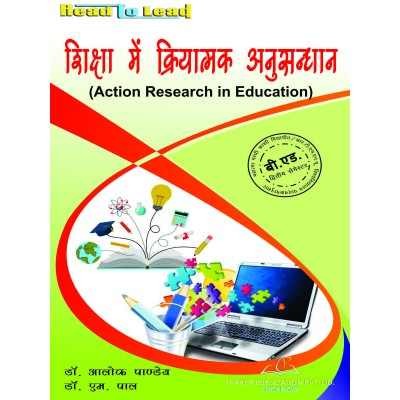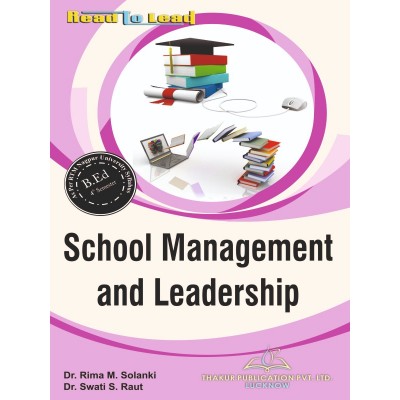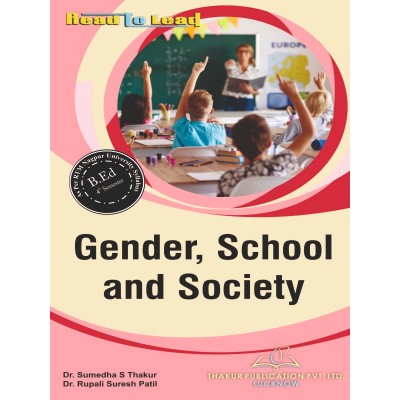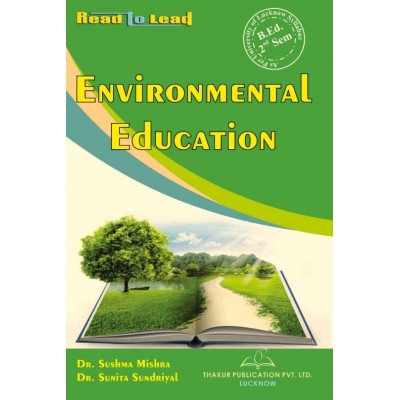Categories
- Pharmacy
-
Nursing
-
MBA
-
BBA
- U.P. State University
- Veer Bahadur Singh Purvanchal University, Jaunpur
- Chaudhary Charan Singh University, Meerut
- Dr. Bhimrao Ambedkar University, Agra
- Chhatrapati Shahu Ji Maharaj University, Kanpur
- Mahatma Jyotiba Phule Rohilkhand University, Bareilly
- Mahatma Gandhi Kashi Vidyapith, Varanasi
- Dr. Ram Manohar Lohia Avadh University, Ayodhya
- Deen Dayal Upadhyaya Gorakhpur University
- Prof. Rajendra Singh (Rajju Bhaiya) University, Prayagraj
-
BCA
- UP State Universities
- University of Pune
- I.K.Gujral Punjab Technical University (PTU)
- University of Rajasthan
- Rashtrasant Tukadoji Maharaj Nagpur University
- Uttar Pradesh NEP2020
- University of Rajasthan ,Jaipur (According to NEP-2020)
- BCCA (B. Com - Computer Science)
- Haryana
- West Bengal
- BBA (CA)
- PUNE BCA (Sci,Commerce)/B.Com (CA)
- Dr. A. P. J. Abdul Kalam Technical University, Lucknow ( AKTU )
- MCA
-
B Ed
- Lucknow University B.Ed Books
- Chaudhary Charan Singh University/Maa Shakambhari University, Saharanpur
- Dr Bhim Rao Ambedkar University, Agra
- Mahatma Gandhi Kashi Vidyapeeth, Varanasi
- Chhatrapati Shahu Ji Maharaj University
- Prof. Rajendra Singh (Rajju Bhaiya) University, Prayagraj (PRSU)
- Mahatma Jyotiba Phule Rohilkhand University(Mjpru), Bareilly
- Dr. Ram Manohar Lohia Avadh University, Ayodhya
- Bundelkhand University, Jhansi
- B.A,B.ed
- B.Sc, B.ed
- Deen Dayal Upadhyaya Gorakhpur University
- Veer Bahadur Purvanchal University (VBPU)
- Maharaja Suhel Dev State University ,Azamgarh (MSDSU)
- Raja Mahendra Pratap Singh State University, Aligarh (RMPSSU)
- Barkatullah Vishwavidyalaya (Bhopal)
- Jiwaji University (Gwalior)
- Vikram University (Ujjain)
- Dr. Harisingh Gour University (Sagar)
- Devi Ahilya Vishwavidyalaya (Indore)
- Rani Durgavati Vishwavidyalaya (Jabalpur)
- Awadhesh Pratap Singh University (Rewa)
- Maharaja Chhatrasal Bundelkhand University (Chhatarpur)
- D. EL. ED
- TET
-
B Com
-
B Sc
- B.Sc. U.P. State Universities Common Syllabus NEP
- Veer Bahadur Singh Purvanchal University, Jaunpur
- University of Lucknow
- Chaudhary Charan Singh University, Meerut
- Madhya Pradesh
- Chhatrapati Shahu Ji Maharaj University, Kanpur
- Dr. Bhimrao Ambedkar University, Agra
- Mahatma Gandhi Kashi Vidyapith, Varanasi
- DEEN DAYAL UPADHYAYA GORAKHPUR UNIVERSITY
- Prof. Rajendra Singh (Rajju Bhaiya) University, Prayagraj
- Dr. Ram Manohar Lohia Avadh University, Ayodhya
- Mahatma Jyotiba Phule Rohilkhand University, Bareilly
- Uttarakhand State Universities
- B.Sc. Bihar Universities Common Syllabus NEP
- University of Rajasthan (Jaipur)
- Haryana
-
Bachelor of Arts [B.A.]
- B.A. Of U.P. State Universities Common Syllabus NEP
- Veer Bahadur Singh Purvanchal University, Jaunpur
- University of Lucknow
- Chaudhary Charan Singh University, Meerut
- Chhatrapati Shahu Ji Maharaj University, Kanpur
- Dr. Bhimrao Ambedkar University, Agra
- Mahatma Gandhi Kashi Vidyapith, Varanasi
- Deen Dayal Upadhyaya Gorakhpur University
- Prof. Rajendra Singh (Rajju Bhaiya) University, Prayagraj
- Dr. Ram Manohar Lohia Avadh University, Ayodhya
- Mahatma Jyotiba Phule Rohilkhand University, Bareilly
- Madhya Pradesh
- Uttarakhand
- Bihar
- University of Rajasthan (Jaipur Syllabus as Per NEP2020)
- Haryana NEP-2020
- B Tech
- LLB
- SWA Education
Gandhian Philosophy Nai Talim & Community Engagement Methodology
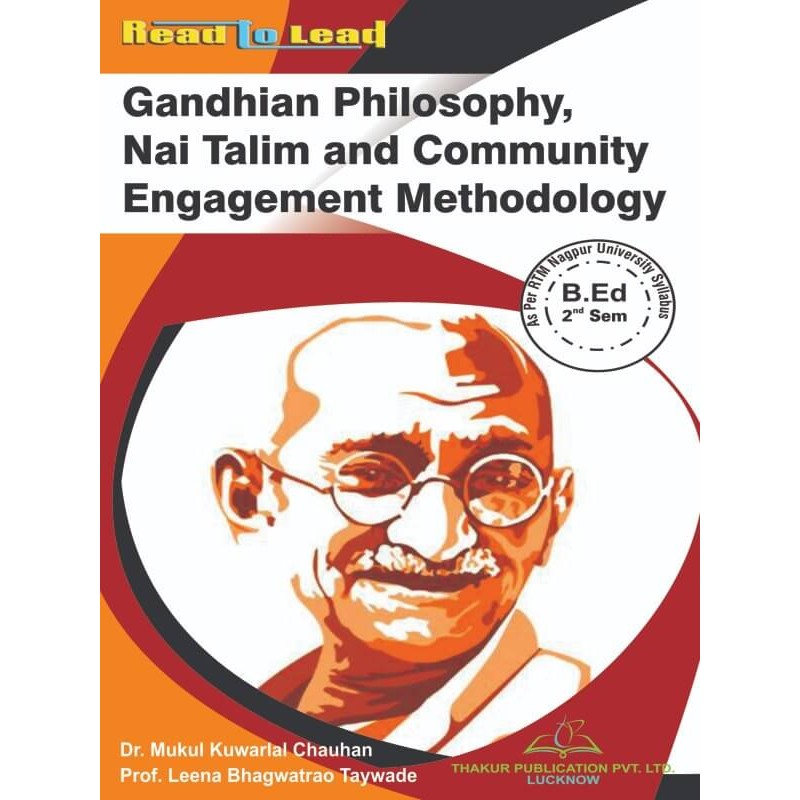
Click below to Buy E-Book Edition:
ISBN- 978-93-5480-108-2
AUTHORS-Dr. Mukul Kuwala Chauchan, Prof. Leena B. Taywade
Tax excluded
Click below to Buy E-Book Edition:
ISBN- 978-93-5480-108-2
AUTHORS-Dr. Mukul Kuwala Chauchan, Prof. Leena B. Taywade
Syllabus
Gandhi Philosophy, Nai Talim and Community Engagement Methodology
Unit-I
Gandhian Philosophy, Nai Talim as engaged learning and its relevance, Community Engagement Methodology.
Ø Gandhiji‘s ideas on Education Basic tenets of Nai Talim, Contemporary relevance of Nai Talim, Work Education, Experiential Learning and community engagement vis-a-vis National Curriculum Framework(NCF 2005),NCFTE 2010 and RTE 2009.
Ø Theory of Community Engagement: School, Family and Community Partnership, Government Programs for Education Development Literacy, Gender and Generations in Learning.
Unit-II
Model Village: Best practices in Community Engagement, Methods and Strategies.
Ø Rational of Community Engagement
Ø Community Engagement-Methods Home-School Relations.
Ø School Management Committees (SMCs) ways and strategies for effective community involvement in school management, school improvement and school effectiveness.
Ø Roles and responsibilities of Teachers and Head Masters for community and parent engagement in school matters.
Ø Engaged Transaction of Rural Teachers in State, National and International levels, Teachers as Community Resource Persons.
Unit-III
Nai Talim Education for Character Building and for life and through life and its reflection in curriculum and pedagogical practices.
Ø Humanistic Approach to Education, Education for citizenship, Character Building Values and Ethics.
Ø Connecting knowledge to life outside the school.
Ø Relevance of curriculum content to the lives of children sensitization of students on global issues i.e., resource and technology availability, inequity, poverty, climate change, global warming, value crisis, food and energy crisis.
Ø Education in nonviolent school/classroom environment, implication of above issues on curriculum and pedagogy.
Unit-IV
Nai Talim Traditional, Intellectual and Constructivist approaches to Models to Education and learning.
Ø Models of Gandhi, Tagore and Shyama Prasad Mukherji, Rousseau, John Dewey.
Ø Models of Education, Approaches to learning-Constructivism, Paulo Freire Critical Pedagogy and Dialogic Method, Vygotsky Social Construction and Gramsci Organic Intellectual Approaches.
Ø Praxis, Characteristics, Advantages and Disadvantages, Intellectual Approach for Practicing Community Engagement and Social Change.
14 other products in the same category:
Your review appreciation cannot be sent
Report comment
Report sent
Your report cannot be sent
Write your review
Review sent
Your review cannot be sent









